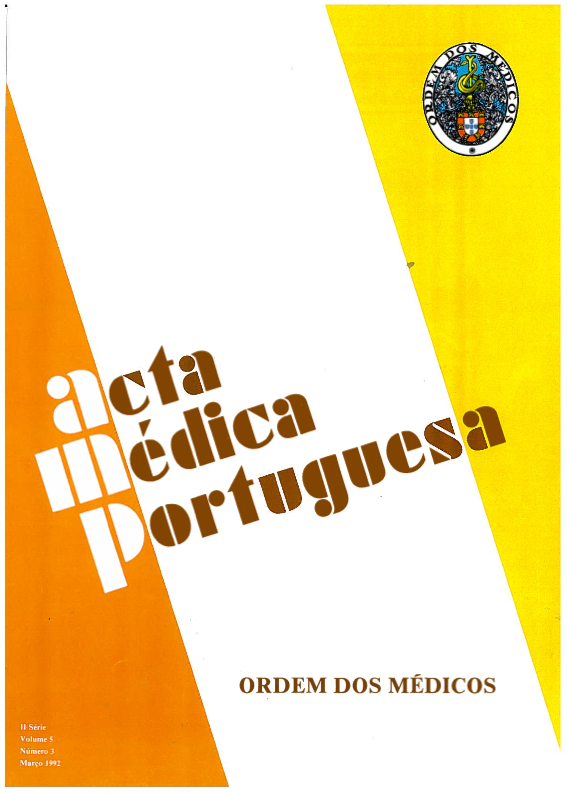Ethical and social issues on the human genome analysis.
DOI:
https://doi.org/10.20344/amp.3213Abstract
The modern technologies for human genome analysis raise a variety of ethical and social questions. The pre-symptomatic diagnostic of diseases of late expression is becoming possible for a rapidly increasing number of situations. The use of that knowledge by employers, insurance companies, schools, and society in general, could lead to discriminations and stigmatizations, in addition to adverse psychological reactions. DNA fingerprinting raises questions of privacy and personal autonomy in its applications to paternity proof, criminal proceedings, and establishment of data banks. The project of the immediate and complete sequencing of the human genome will lead to questions of economical ethics, as well as of access, commercialization and property rights of scientific information and materials obtained. It also favours a reducionistic mentality and international unbalances. The molecular biology of humans, which will follow the complete sequencing of the genome, may foster a rethinking of the concepts of freedom of self-determination (basic for moral responsibility) and of equality. The gene therapy and its possible extension to the betterment of the human species, pose questions of ethical limits to this technology. All these problems will have to be answered in terms of the application of the principle of ethical freedom for self-fulfillment, as a right of the human person, as well as of science and society. Scientific, economic and social interests have to be subordinated to the dignity of the human person.Downloads
Downloads
How to Cite
Issue
Section
License
All the articles published in the AMP are open access and comply with the requirements of funding agencies or academic institutions. The AMP is governed by the terms of the Creative Commons ‘Attribution – Non-Commercial Use - (CC-BY-NC)’ license, regarding the use by third parties.
It is the author’s responsibility to obtain approval for the reproduction of figures, tables, etc. from other publications.
Upon acceptance of an article for publication, the authors will be asked to complete the ICMJE “Copyright Liability and Copyright Sharing Statement “(http://www.actamedicaportuguesa.com/info/AMP-NormasPublicacao.pdf) and the “Declaration of Potential Conflicts of Interest” (http:// www.icmje.org/conflicts-of-interest). An e-mail will be sent to the corresponding author to acknowledge receipt of the manuscript.
After publication, the authors are authorised to make their articles available in repositories of their institutions of origin, as long as they always mention where they were published and according to the Creative Commons license.









